Treating Sleep Apnea Eases Debilitating Headaches
Debilitating headaches can cast a long shadow over daily life, diminishing productivity and quality of life. For those afflicted with sleep apnea, this burden is often exacerbated. The correlation between sleep apnea and chronic headaches has become an area of significant medical interest, prompting researchers to delve deeper into the intricate relationship between these two conditions.
At Desert Hills Dental Care, our Farmington, NM sleep specialist Dr. Charles Schumacher offers effective sleep apnea treatments to ease these relentless headaches for a brighter, more pain-free future.

What Are Sleep Apnea Headaches?
Sleep apnea headaches are a type of headache that often occur in individuals suffering from obstructive sleep apnea (OSA). OSA is a condition where the airway becomes partially or completely blocked during sleep, leading to pauses in breathing. These pauses can be accompanied by loud snoring and result in reduced oxygen levels in the body. As a consequence, the brain may send signals that cause headaches upon waking.
Characteristics of Sleep Apnea Headaches
- Location: These headaches typically manifest at the front of the head, often described as a dull, throbbing pain.
- Duration: They tend to occur in the morning and can last for several hours.
- Intensity: Sleep apnea headaches are usually moderate in intensity, but they can be severe in some cases.
- Associated Symptoms: Other symptoms may include daytime sleepiness, fatigue, and difficulty concentrating.
Treatment Options
- Continuous Positive Airway Pressure (CPAP): This is a common and highly effective treatment for sleep apnea. A CPAP machine delivers a constant flow of air pressure through a mask, which helps keep the airway open during sleep.
- Bi-level Positive Airway Pressure (BiPAP): Similar to a CPAP, a BiPAP machine provides two levels of pressure – a higher pressure for inhalation and a lower pressure for exhalation. This can be beneficial for individuals who find it difficult to exhale against a high continuous pressure.
- Lifestyle Changes: Adopting a healthy lifestyle can greatly alleviate sleep apnea symptoms. This may include maintaining a healthy weight, avoiding alcohol and sedatives, and sleeping on your side.
- Oral Appliances: These are custom-made devices that can help keep the airway open by repositioning the jaw and tongue during sleep.
- Surgery: In severe cases or when other treatments have not been successful, surgical interventions may be considered to address anatomical issues obstructing the airway.
Frequently Asked Questions
Can sleep apnea headaches be prevented?
While sleep apnea headaches can be managed through treatment, they may not be entirely preventable. However, addressing the underlying sleep apnea with therapies like CPAP or lifestyle changes can significantly reduce their frequency and intensity.
Are sleep apnea headaches dangerous?
While sleep apnea headaches themselves are not life-threatening, untreated sleep apnea can lead to serious health complications over time. These may include high blood pressure, heart disease, and stroke.
Can over-the-counter pain relievers help with sleep apnea headaches?
Over-the-counter pain relievers may provide temporary relief from sleep apnea headaches. However, they do not address the underlying cause, so it’s important to seek professional treatment for long-term management.
Can children experience sleep apnea headaches?
Yes, children can experience sleep apnea headaches, especially if they suffer from pediatric sleep apnea. It’s crucial to consult a pediatrician if you suspect your child may have sleep apnea.
Schedule a Consultation at Desert Hills Dental Care Today
Understanding the relationship between sleep apnea and headaches is crucial for effectively managing this condition and improving overall well-being. Seeking professional guidance and exploring appropriate treatment options can make a significant difference in your quality of life. If you or a loved one is struggling with sleep apnea, we encourage you to take the next step towards better sleep and health. Schedule a consultation at Desert Hills Dental Care today by calling (505) 427-2936 to let our experienced Farmington, NM sleep specialist guide you towards a restful, headache-free tomorrow. Your journey to better sleep starts here.
